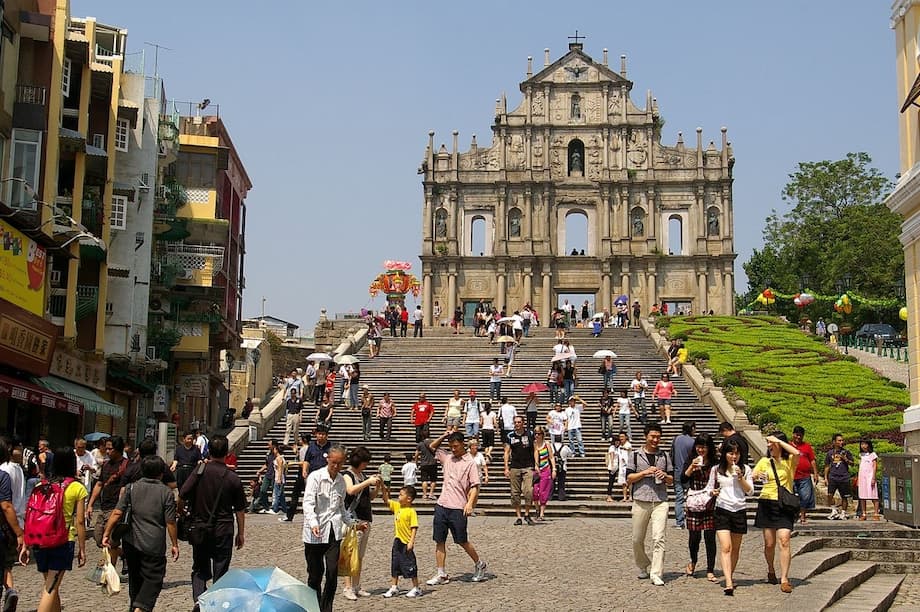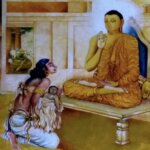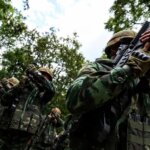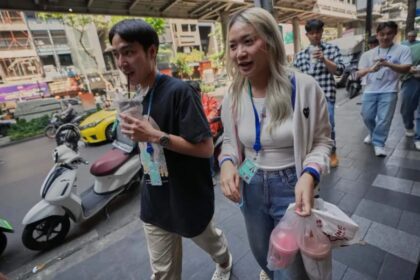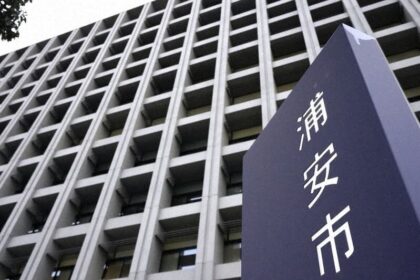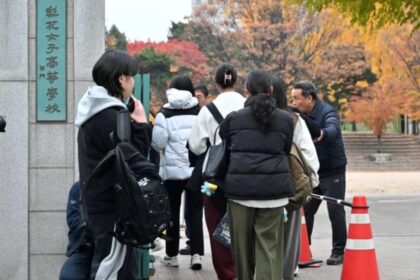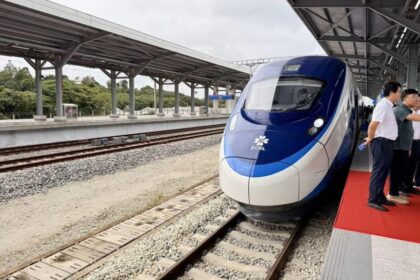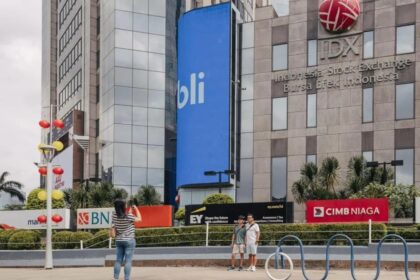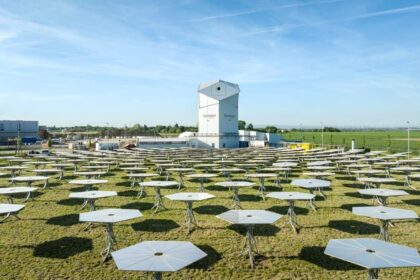Macau in World War II: The Last Lone Island of Neutrality
As the world marks the 80th anniversary of the end of World War II, the story of Macau—a small Portuguese-administered enclave on China’s southern coast—stands out as a remarkable case of survival, transformation, and resilience. While much of East Asia was engulfed in violence and occupation, Macau maintained a fragile neutrality that made it a beacon for refugees, a hotbed of intrigue, and the seedbed for its modern identity as a global gambling and tourism hub.
- Macau in World War II: The Last Lone Island of Neutrality
- Why Was Macau Neutral—and How Did It Survive?
- The Refugee Crisis: Macau’s Population Triples
- Espionage, Smuggling, and the Shadow Economy
- Culture, Creativity, and Contradictions
- The Birth of Modern Macau: Gambling, Business, and Recovery
- Legacy and Lessons: Macau’s WWII Experience Today
- In Summary
Macau’s wartime experience is often overshadowed by the more dramatic stories of Hong Kong, Shanghai, and Nanjing. Yet, its unique position as a neutral territory, surrounded by Japanese-occupied regions, turned it into a “lone island” of relative safety—and a crucible for social, economic, and cultural change that would shape its destiny long after the guns fell silent.
Why Was Macau Neutral—and How Did It Survive?
Macau’s neutrality during World War II was not simply a matter of luck. The territory had been under Portuguese administration since the 16th century, and Portugal itself maintained a policy of neutrality throughout the conflict. This diplomatic stance was respected—albeit not without tension—by both the Japanese and the Allies, largely because Macau was small, strategically less significant than Hong Kong, and useful as a channel for trade and intelligence.
According to academic studies (Springer), the Portuguese authorities in Macau walked a diplomatic tightrope. They negotiated with Japanese officials to avoid occupation, sometimes cooperating with Japanese demands, while also maintaining ties with Chinese Nationalists and the Allies. This balancing act was fraught with risk, as the Japanese exerted increasing pressure, including economic blockades and demands for censorship of anti-Japanese activities. Yet, unlike Hong Kong, which fell to Japanese forces in December 1941, Macau was never formally occupied.
The Refugee Crisis: Macau’s Population Triples
Macau’s neutrality made it a magnet for refugees fleeing the horrors of war. Between 1937 and 1945, its population soared from under 200,000 to as many as 700,000 by some estimates (South China Morning Post). Most were Chinese civilians escaping the Japanese occupation of Shanghai, Guangdong, and later Hong Kong. Among them were wealthy businesspeople, artists, intellectuals, and destitute families alike.
The influx transformed every aspect of life in Macau. Schools, hotels, and public buildings were repurposed as refugee shelters. The city’s infrastructure was stretched to the breaking point, with food shortages, overcrowding, and outbreaks of disease. The Portuguese authorities responded by building barracks and, at times, confining the poorest refugees to camps under harsh conditions. Social class, nationality, and connections determined the quality of one’s refuge: the wealthy and those with Portuguese ties fared better, while the poor suffered most.
Yet, civil society also mobilized. Associations linked to the Chinese resistance and diaspora networks provided humanitarian relief, while women’s organizations and churches distributed food and medicine. The refugee crisis was not just a humanitarian disaster—it was also a catalyst for new social and economic networks that would shape Macau’s future.
Jewish and Other Minority Refugees
Among the refugees were several hundred European Jews who had fled Nazi persecution in Europe, found temporary safety in Shanghai, and then moved on to Macau as conditions in Shanghai deteriorated. Their stories, recently brought to light in books and planned films (Macau Business), highlight Macau’s role as a “Casablanca of the Orient”—a place of hope, intrigue, and dashed dreams. Many of these refugees hoped to reach Lisbon and then the United States or England, but wartime blockades often left them stranded in Macau, where they survived through ingenuity, charity, and sometimes marriages of convenience to obtain Portuguese passports.
Espionage, Smuggling, and the Shadow Economy
Macau’s neutrality and chaotic influx of people made it a hub for espionage, smuggling, and clandestine business. The city became a battleground for intelligence agencies, with Japanese, Chinese Nationalist, Communist, and Allied spies all operating in the shadows. Smuggling—especially of food, fuel, and tungsten (a strategic metal)—became a lifeline for both the local population and the Portuguese administration, which had to negotiate with both Japanese and German interests to keep the city supplied.
Stanley Ho, who would later become Macau’s casino tycoon, arrived as a refugee from Hong Kong and quickly adapted to the opportunities of wartime Macau. Working for the Macau Co-operative Company, established by the Japanese to manage trade, Ho bartered materials for food and made key contacts among the city’s diverse communities. He later described Macau as “a bit like Casablanca—all the secret intelligence, the murders, the gambling—it was a very exciting place.”
Stanley Ho, reflecting on his wartime experience, said: “Macao was tiny, and yet a bit like Casablanca—all the secret intelligence, the murders, the gambling—it was a very exciting place.”
This atmosphere of intrigue and opportunity laid the groundwork for Macau’s postwar economic transformation.
Culture, Creativity, and Contradictions
Wartime Macau was a city of contrasts. For the privileged, it could be a paradise of relative safety, luxury, and entertainment. Leading hotels like the Hotel Central and Grande Hotel Kuoc Chai became centers of nightlife, employing refugee musicians and dancers and introducing new forms of entertainment. For the poor, however, life was a daily struggle against hunger, disease, and sometimes violence. Reports from the period describe horrific conditions in refugee camps, with outbreaks of cholera and even rumors of cannibalism during the worst food shortages.
The city’s ambiguous neutrality also meant that while some residents supported the anti-Japanese resistance, others collaborated with the occupiers for profit or survival. The Portuguese administration itself was divided, with some officials cooperating with Japanese authorities and others quietly aiding the Chinese resistance. This complexity is reflected in the stories of individuals like Ho Yin, a businessman who would later become a key figure in Macau’s postwar development, and in the fate of artists like Russian painter George Smirnoff, who found refuge and inspiration in Macau’s unique environment (SCMP).
Documenting Wartime Macau: The Melville Jacoby Legacy
American journalist Melville Jacoby’s photographs and letters provide a rare window into Macau’s wartime life. Jacoby, who covered the Asia-Pacific theater for major US outlets, captured images of daily life, social gatherings, and the city’s architectural beauty. His correspondence reveals a world of parties, gambling, and resilience amid uncertainty. These primary sources, now being rediscovered and published, enrich our understanding of how ordinary people navigated the extraordinary circumstances of war (Macao News).
The Birth of Modern Macau: Gambling, Business, and Recovery
Gambling had been legal in Macau since the mid-19th century, but the war years saw the emergence of the modern casino-hotel model. The influx of refugees, many with business acumen and international connections, fueled an economic boom in entertainment and hospitality. After the war, figures like Stanley Ho and his partners founded the Sociedade de Turismo e Diversões de Macau (STDM), which in 1962 secured the exclusive license to operate casinos. Their innovations—introducing Western-style games, building luxury hotels, and engaging in philanthropy—set the stage for Macau’s rise as the world’s largest gambling market.
The postwar years also saw continued migration, as families sought stability after the upheavals of war and revolution. Some Macanese returned to Portugal or emigrated to Brazil, Australia, or the United States, while others remained to build new lives in a city that was rapidly modernizing. The legacy of wartime migration is still visible in Macau’s multicultural society, its blend of Chinese and Portuguese influences, and its vibrant diaspora communities around the world.
Legacy and Lessons: Macau’s WWII Experience Today
Today, Macau is a bustling Special Administrative Region of China, known for its glittering casinos, colonial architecture, and unique cultural heritage. Its wartime experience is commemorated in museums, literature, and even planned films, such as the adaptation of Paul French’s “Strangers on the Praia,” which tells the story of Jewish refugees in wartime Macau. The city’s history as a refuge and crossroads of cultures continues to shape its identity and global image.
The story of Macau in World War II is not just a tale of survival, but of transformation. The challenges of neutrality, the trauma and creativity of the refugee experience, and the opportunities seized by individuals and communities all contributed to the city’s postwar boom and enduring cosmopolitanism. As the world reflects on the lessons of the past, Macau’s experience offers a powerful reminder of the complexities of neutrality, the resilience of displaced peoples, and the ways in which crisis can sow the seeds of renewal.
In Summary
- Macau’s neutrality during World War II made it a rare safe haven in East Asia, attracting hundreds of thousands of refugees from China, Hong Kong, and beyond.
- The city’s population tripled, straining resources and transforming its social and economic landscape.
- Refugees included Chinese civilians, business elites, artists, and European Jews, whose diverse experiences shaped Macau’s multicultural identity.
- Macau became a hub for espionage, smuggling, and clandestine business, with figures like Stanley Ho laying the foundations for the modern casino industry.
- The wartime influx of talent and capital spurred the development of entertainment, hospitality, and philanthropy, setting the stage for Macau’s postwar boom.
- Macau’s ambiguous neutrality involved both cooperation with and resistance to Japanese influence, reflecting the complexities of survival under colonial rule.
- The legacy of World War II is still visible in Macau’s society, culture, and global connections, offering lessons on resilience, adaptation, and the enduring impact of history.


